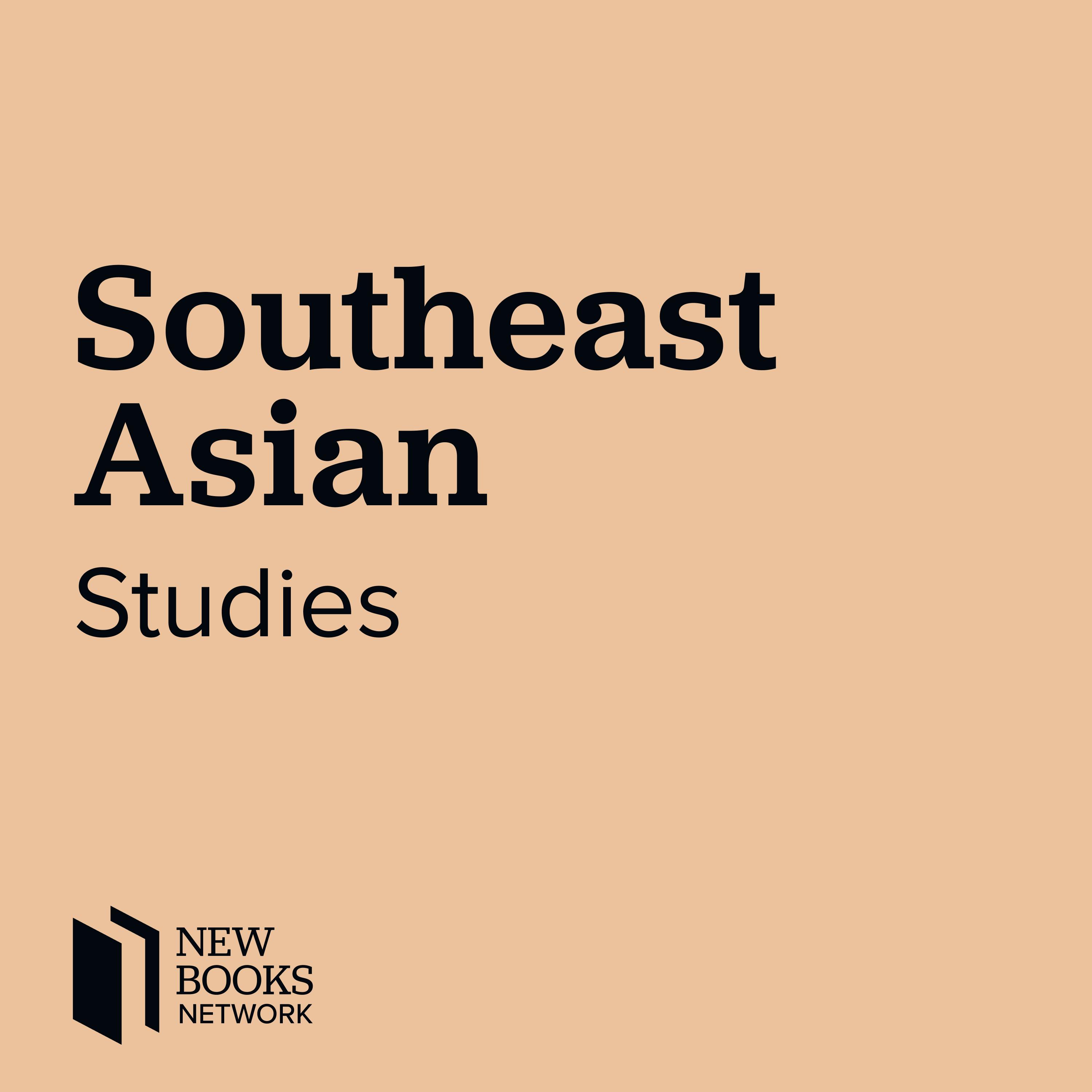Meg Rithmire, "Precarious Ties: Business and the State in Authoritarian Asia" (Oxford UP, 2023)
Description
Developing Asia has been the site of some of the last century's fastest growing economies as well as some of the world's most durable authoritarian regimes. Many accounts of rapid growth alongside monopolies on political power have focused on crony relationships between the state and business. But these relationships have not always been smooth, as anti-corruption campaigns, financial and banking crises, and dramatic bouts of liberalization and crackdown demonstrate. Why do partnerships between political and business elites fall apart over time? And why do some partnerships produce stable growth and others produce crisis or stagnation?
In Precarious Ties: Business and the State in Authoritarian Asia (Oxford UP, 2023) (Oxford, 2023), Meg Rithmire offers a novel account of the relationships between business and political elites in three authoritarian regimes in developing Asia: Indonesia under Suharto's New Order, Malaysia under the Barisan Nasional, and China under the Chinese Communist Party. All three regimes enjoyed periods of high growth and supposed alliances between autocrats and capitalists. Over time, however, the relationships between capitalists and political elites changed, and economic outcomes diverged. While state-business ties in Indonesia and China created dangerous dynamics like capital flight, fraud, and financial crisis, Malaysia's state-business ties contributed to economic stagnation.
To understand these developments, Rithmire, a professor at Harvard Business School, presents two conceptual models of state-business relations that explain their genesis and why variation occurs over time. She shows that mutual alignment occurs when an authoritarian regime organizes its institutions, or even its informal practices, to induce capitalists to invest in growth and development. Mutual endangerment, on the other hand, obtains when economic and political elites are entangled in corrupt dealings and invested in perpetuating each other's dominance. The loss of power on one side would bring about the demise of the other. Rithmire contends that the main factors explaining why one pattern dominates over the other are trust between business and political elites, determined during regime formation, and the dynamics of financial liberalization. Empirically rich and sweeping in scope, Precarious Ties offers lessons for all nations in which the state and the private sector are deeply entwined.
Host Peter Lorentzen is an Associate Professor in the Department of Economics at the University of San Francisco. His research examines the political economy of governance and development in China.
Support our show by becoming a premium member! https://newbooksnetwork.supportingcast.fm/southeast-asian-studies
More Episodes
Today’s episode focuses on a major issue of enduring importance in Southeast Asia and in Southeast Asian Studies: authoritarianism. Even today, various forms of dictatorship remain alive and well across Southeast Asia, raising questions about their origins, their endurance, and the prospects for...
Published 11/05/24
Why has Thailand’s politics been so contested and so intensely polarized in recent decades? How can we account for the persistent democratic regression of the past twenty years, despite the fact that the parallel vigour of progressive oppositional politics remains a source of hope for many?
In...
Published 10/28/24
In 1955, the leaders of 29 Asian and African countries flock to the small city of Bandung, Indonesia, for the first-ever Afro-Asian conference. India and its prime minister Jawaharlal Nehru played a key role in organizing the conference, and Bandung is now seen as a part of Nehru’s push to create...
Published 10/24/24


